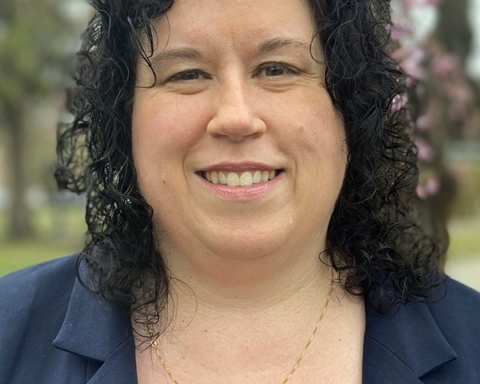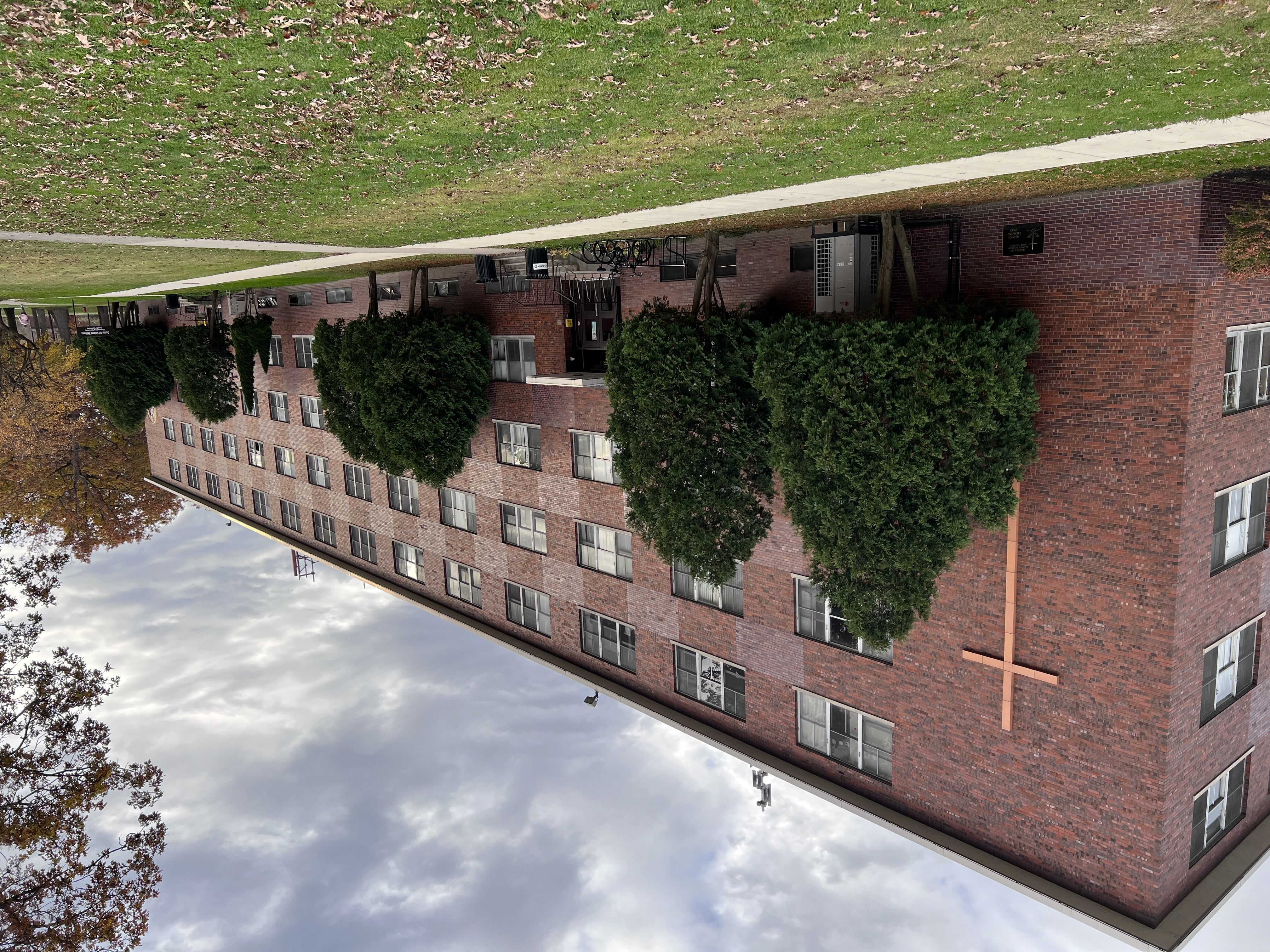SGA still deliberating about proposed courses of action
Much deliberation has ensued regarding St. Bonaventure University’s smoking policy over the past few months. The Student Government Association has scrutinized the policy as it pertains to students and advocated for changes to the policy the university currently holds.
At both of the September SGA meetings, extensive discussion about the best way to change the policy has occurred. Ultimately, SGA has decided to consider an entirely smoke-free campus or a campus with designated smoking areas.
According to SGA President Geoffrey Broadbent, “The Student Affairs committee is proposing two resolutions to the SGA Senate.”
One will encompass the idea of a smoke-free campus. The other, however, will be a smoking zone proposal that “looks to address the concerns from administration,” Broadbent said.
At SGA’s meeting on Sept. 20 , Erik Seastedt, director of human resources, presented his knowledge on smoking policies at universities nationwide. He understands the process quite well, as he helped to redesign and write the University of Alaska’s new smoke-free campus policy. Seastedt said he is “happy to help” SGA move toward changing the smoking policy.
According to Seastedt, smokers are the minority; they only make up five to 15 percent of the population.
In discussions surrounding the policy, it has been made clear that there are some issues that will need to be discussed before enacting any new policy, one being enforcement.
“I see people vape in buildings all the time. The policy now isn’t even followed or enforced,” said Jill Moeller, a freshman marketing major.
Moeller joins the community of those who recognize that any sort of change to an already vague policy would have the potential to be disregarded.
“If we needed to enforce [a new policy], we would,” Gary Segrue, director of Safety and Security, said at the Sept. 6 meeting.
Broadbent echoed Segrue’s claims, saying that he knows Safety and Security will do their best to enforce any new policy put forth by the university.
Each of the two proposed policy changes offer possible health benefits to students on campus, but according to Broadbent, who has done research on the issue, the benefits associated with a smoke-free campus are overwhelming.
He said in addition to the benefits that come with reduction of second-hand smoke, studies have shown that “Smoke-free policies can lead to a reduction in smoking rates among the campus community.”
Before SGA meets again on Oct. 4, the Student Affairs Committee will create proposals that reflect each of the two policies. Broadbent said that the SGA Senate is hoping to vote on which policy will become the official recommendation of SGA at this meeting.
By Meghan Hall, Staff Writer
hallml18@bonaventure.edu






